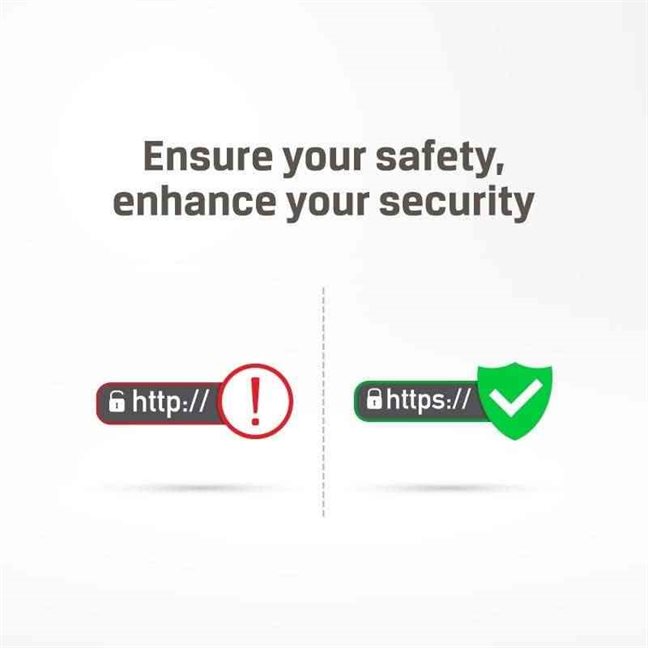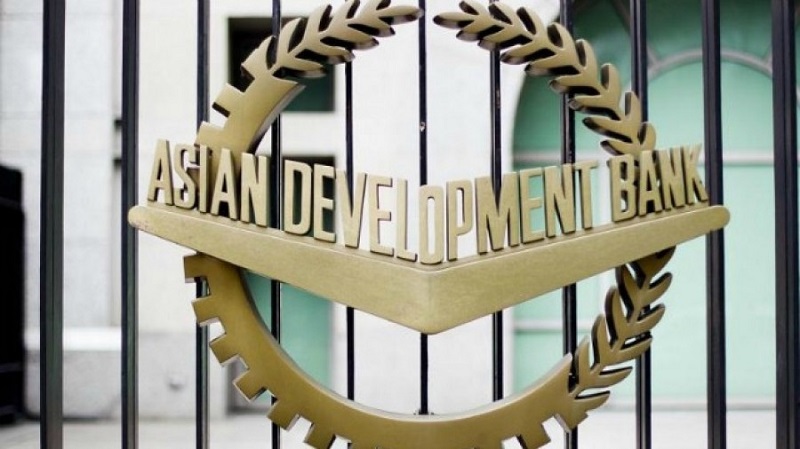Tips to Make Safe and Secure Digital Transactions in Nepal
27th February 2023, Kathmandu
Recently, the banking system of Nepal has been transformed towards digital media. With the increase in attraction to electronic transactions, the cases of fraud using technology have also increased.
Nepal Rastra Bank and other agencies have been urging customers to be careful of unknown persons as there have been many complaints of fraud by criminal groups.
Although access to technology is increasing, the number of fraudsters is increasing due to a lack of general knowledge about banking transactions and privacy.
Similarly, There have been many cases of obtaining confidential details of common people on the grounds of winning a lottery and misusing the same to embezzle money from the account of the concerned person.
How can electronic transactions be protected against fraud?
- Third parties should not be given the OTP number received on their mobile phone.
- Money transactions should not be communicated with others.
- Passwords should not be stored on mobile devices.
- The passwords of the accounts we use should not be the same.
- People should not be able to guess passwords.
- The account must be logged out.
- Do not conduct financial transactions using free Wi-Fi.
- If you lose your mobile, you should go to the bank and close the account.
- You should inform the bank as soon as you know about the fraud.
- Do not tell the OTP number received on the mobile number to the third person. Do not give your secret password, OTP, or any other sensitive information to a stranger by any means.
- Furthermore, Don’t keep passwords easily. Usually, we keep our name and surname. Aside from OTP, details such as account number, citizenship number, date of birth, passport number, or driver’s license number should not be disclosed in exchange for gifts.
Here are some additional tips for avoiding fraud in electronic transactions:
Use a secure payment gateway:
When making electronic transactions, make sure to use a secure payment gateway that is certified by a reputable security authority. Look for a padlock icon on the payment page or check the URL to ensure that it starts with “https” rather than “HTTP”.
Avoid public Wi-Fi:
Avoid making electronic transactions using public Wi-Fi networks. Instead, use a secure and trusted Wi-Fi network or a mobile data connection when making electronic transactions.
Use two-factor authentication:
Two-factor authentication adds an extra layer of security to your electronic transactions by requiring a second form of identification. Such as a password or biometric scan. This makes it more difficult for fraudsters to access your account even if they have your login information.
Keep your device and software up-to-date:
Keep your devices and software up-to-date with the latest security patches and updates.
Monitor your accounts regularly:
Keep an eye on your electronic transactions and monitor your accounts regularly for any unauthorized activity. Check your account statements and transaction history regularly and report any suspicious activity to your financial institution immediately.
Be cautious of phishing scams:
Be cautious of emails, text messages, or phone calls that ask you to provide sensitive information or click on a link. Always verify the authenticity of the sender. And never provide personal or financial information unless you are certain it is safe to do so.
Use strong passwords:
Use strong and unique passwords for your electronic transactions. And avoid using the same password for multiple accounts. Use a combination of upper and lower case letters, numbers, and symbols to make your passwords more difficult to guess.
Be wary of unsolicited emails or calls:
Be cautious of unsolicited emails or calls that offer you a deal that seems too good to be true. Always verify the authenticity of the sender or caller. And do not provide any information unless you are certain it is safe to do so.
In summary, protecting yourself from fraud in electronic transactions involves being cautious. And taking steps to protect your personal and financial information.
By following these tips, you can help to reduce the risk of fraud and protect yourself from potential losses.
If you suspect that you have been a victim of fraud, contact your financial institution immediately. And report the incident to the appropriate authorities.







